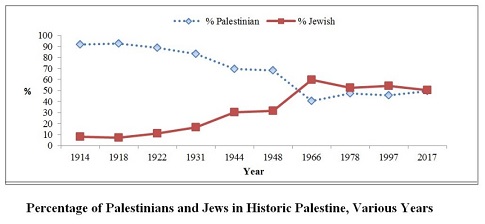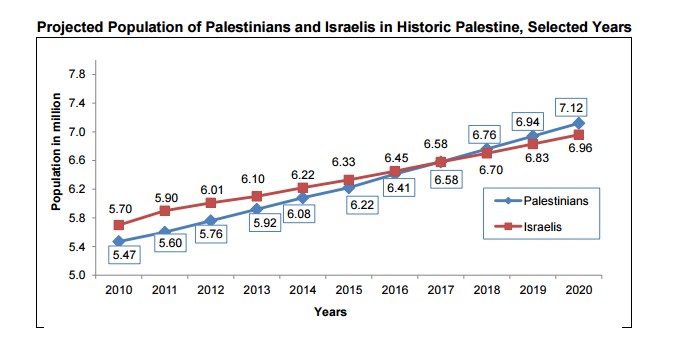

What’s the progress of the Human Connectome Project?


What’s the progress of the Human Connectome Project?


Banks are allowed to use fractional reserve to lend several times more than they are required to warrant themselves, governments only force banks to have an entity who will pinky swear to write down up to a certain amount in everyone’s accounts in case the banks can’t. Neither skill nor labor produce money, central banks produce money as a loan with a repayment obligation, skill and labor only shift around the fractional obligations created by banks from thin air. Crypto is actually generated as an effect of the skill and labor required to secure its own ledger. People use golf courses to claim carbon offsets they sell in get-rich-quick schemes, or stamp collections, or digital collectibles, or natural gas extraction plants, or a thousand other schemes; everything can be, and is being used to scam someone somewhere at every moment, doesn’t mean everything is a scam.


Someone had real gold in their coffer full of gold coins, then someone convinced them that credit written down as a number on some slips of paper had the same value, that they could trust the bank’s computers with keeping track of the total value, and everyone clapped.


Recently saw a report on cocaine, apparently the prices haven’t changed since the 1990s… just the purity has gone down and it now comes laced with fentanyl.


From what it looks like, North, East and West, are more of a “for sure” than a “maybe”.
I also understand why people choose to die at home, it’s somewhat harder to understand why anyone with a chance to live would willingly stay in the area, since all of Gaza has been reeking of “death camp” for well over a decade.


Shining light on a problem is a good step to make people realize there is a problem in the first place.
What the fuck are you going to do about it?
Start a meme campaign targeted at countries with privacy legislations, aimed at making their future governments ask for higher bribes more lobbying before signing away taxpayer money to Microsoft contracts…
I mean, ideally have Microsoft rethink its approach, like Meta is rethinking its with Instagram, but let’s start with something simple.


Too late, it already has learned it:
Default (GPT-3.5)
User: Translate the following text into Esperanto: “I’m just going to start posting in Esperanto. Even AI won’t be interested in learning Esperanto.”
ChatGPT: “Mi ĵus komencos afiŝi en Esperanto. Eĉ la intelekta artifiko ne estos interesita lerni Esperanton.”


Didn’t Mozilla get most of its funding from Google for promoting its search engine? Or has that changed?
Calling ethnic discrimination “racial”, doesn’t make ethnicities into races.
well-known and accepted definition of race
That in itself, is racist.
Feel free to learn more: https://en.m.wikipedia.org/wiki/Race_(human_categorization)


encrypted body of the message
Encrypted what? LinkedIn lets you add a key/cert to send you encrypted emails?


Unless you followed by installing gpg… then you failed. There are tons of uses for it, not necessarily encrypting emails (or more precisely, it kind of sucks at encrypting emails).


Don’t be sorry, just don’t use downvotes to express your opinion… use your words.
If you don’t like my arguments, go ahead and propose others.
For starters, I see you referring to “case law”, which sounds like a US thing. In the EU, case decisions generally don’t shape the law, except Supreme Court decisions, and even then lawmakers can inform or reform those decisions. It’s usually more accurate to define a logical reasoning from the bare law, rather than expect decisions in one case to influence others.
What do you base your reasoning on?


Worse than that, it’s become a Palestinian vs. Jewish ethnostate competition:




Well… yes.
North = you’ll get bombed.
South = you’ll get bombed maybe.
East = you’ll get shot.
West = you’ll get shot and drown.
It’s a shitty situation, but I’d pick South. 🤷


If you still live in Northern Gaza to this day, after all that’s being going on, and all the warnings to GTFO… you better keep your cats and belongings pre-packed and ready to be several blocks away in 30 minutes, don’t even wait the 2 hours.


“Bending over backwards” is a bit excessive… but maybe “slightly reclining in their chairs”?
At least they’re doing “something”, instead of bombing out of the blue… and if it works to indemnify themselves from war crimes prosecution… yay, international law at work, right?


IANAL, but… I don’t think the law says that? My understanding is that the points are not related to each other:
That would mean all these combinations would be allowed:
If a site decides to only implement numbers 2 and 3… there wouldn’t be any conflict.
Either everyone pays, or you have the right to privacy. Otherwise, long term, the internet will become divided and inaccessible to low income households. And that’s something the EU definitely doesn’t want to happen (net neutrality)
Net neutrality doesn’t apply to services, only to carriers, who are considered more like utilities, but still aren’t required to offer a “free” tier. Services don’t need to offer an option accessible to everyone at all, they can specify whatever requirements they want (with only a few exceptions related to discrimination).
Large social media platforms… is where current legislative efforts are in. Above a certain number of users, they’re getting defined more as utilities, and subject to more requirements, but still no “free” tier.
The internet divide exists already: some households can afford 1Gbps unmetered symmetric fiber with Netflix, HBO and Disney+ and a few mobile lines with unlimited calls and 50GB/month data for 100€/month… while others can barely affford a prepaid 100MB/month mobile connection for 1€/month… but it’s fine as long as it’s a divide based on service pricing, not carrier traffic discrimination.


These people are protesting the loss of the status quo of unchecked rampant overpopulation.
There were 500 million people when that paper was made… 2 billion when the sufragettes slashed it… there are 8 billion now, and how exactly has that improved things?
Do we really want to see what 32 billion people will do to the environment?


That’s senseless violence which doesn’t accomplish anything… CEOs are easier to replace than a painting.
Who’s paying him? Seriously: